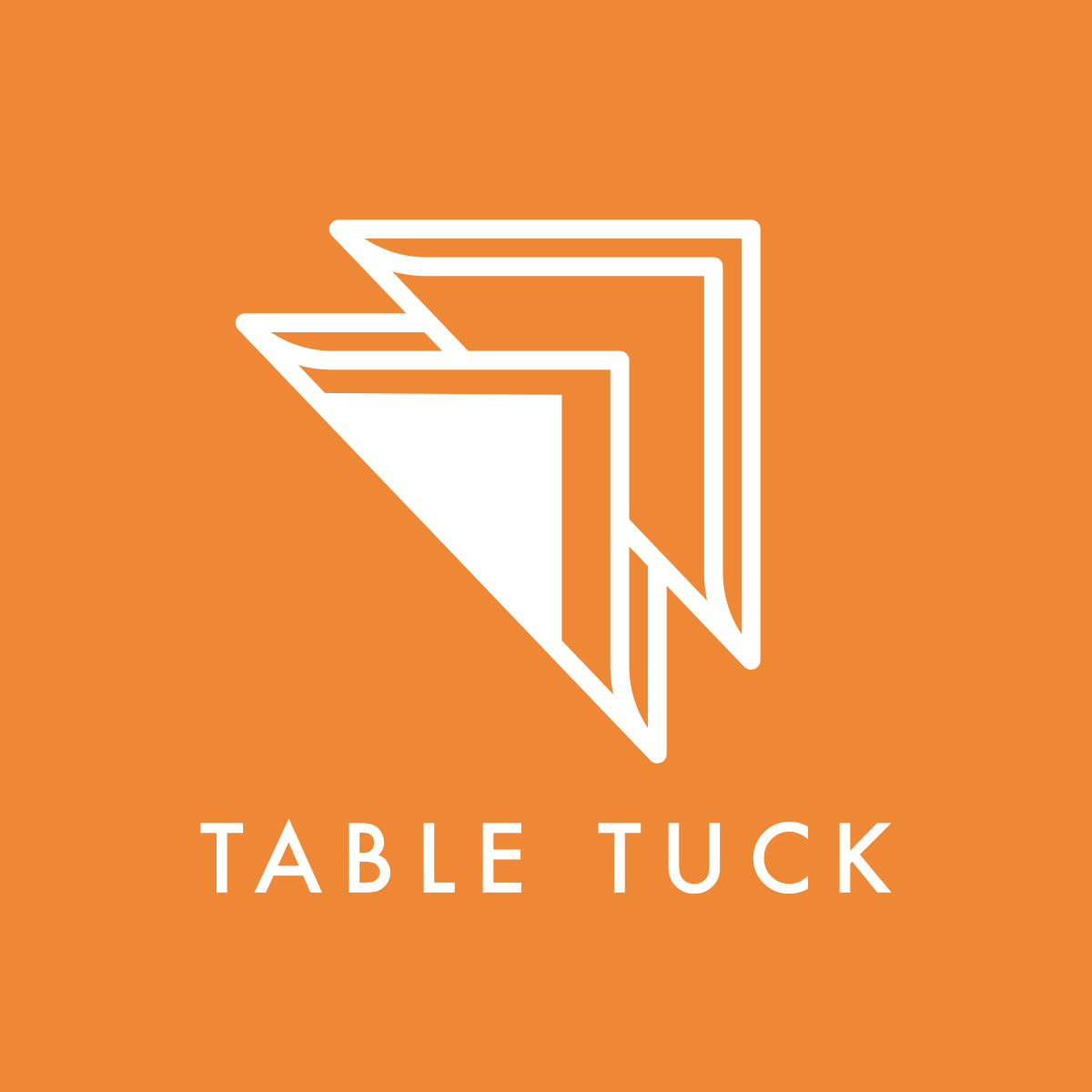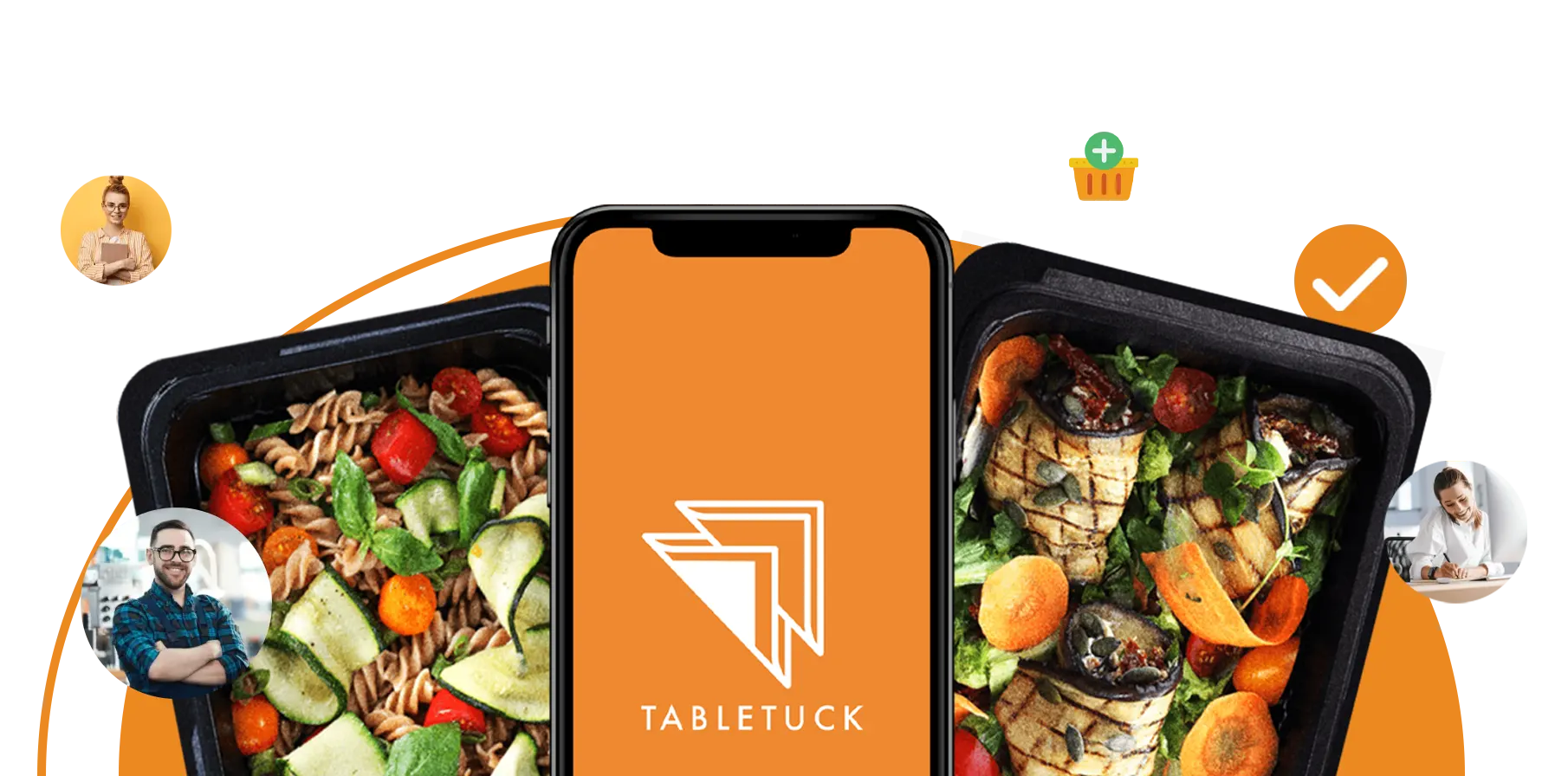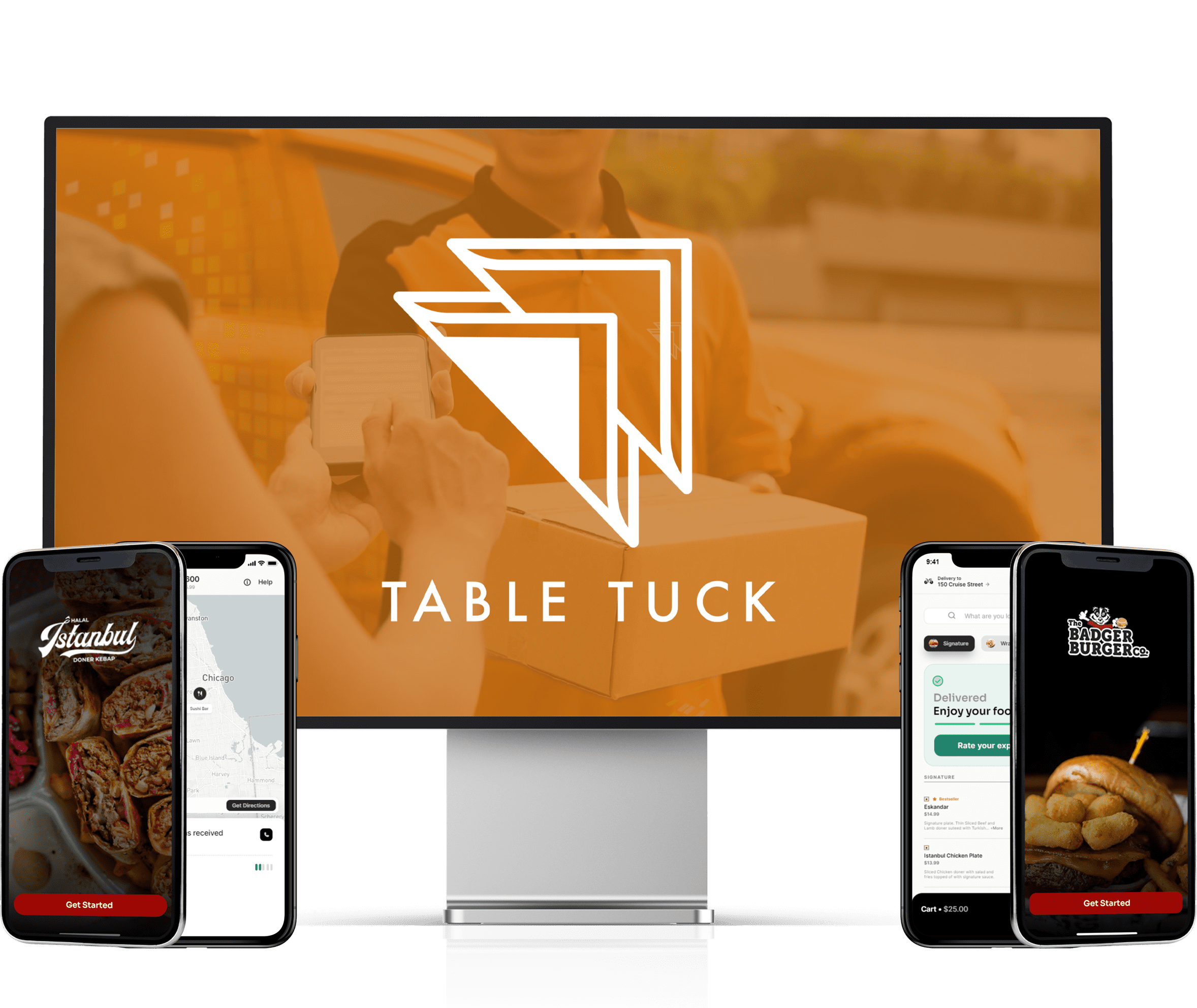
Custom Restaurant Software for Growth





In today's fast-paced world, running a successful restaurant isn't just about serving great food—it's also about managing operations efficiently and delivering an outstanding customer experience. Enter custom restaurant software for growth, a game-changer for modern eateries. But what exactly is this software, and how can it fuel your restaurant's growth? Let's dive in and find out!
Every restaurant is different, with unique needs, workflows, and customer expectations. Generic software solutions often fall short of addressing these specific requirements, leading to inefficiencies and missed opportunities. Custom restaurant software, on the other hand, is designed to cater to your restaurant's distinct needs, ensuring seamless operations and customer satisfaction.
Tailored Solutions: Unlike one-size-fits-all solutions, custom software is built to match the specific demands of your restaurant. Whether it's a small family-owned diner or a large fine-dining establishment, custom software can be designed to handle your unique workflow, from the kitchen to the dining area.
Flexibility and Scalability: As your restaurant grows, your software should grow with you. Custom software provides the flexibility to add new features and scale up without the need for a complete system overhaul. This adaptability ensures that your technology remains relevant and effective, no matter how your business evolves.
Custom software streamlines various aspects of restaurant management, from inventory tracking and employee scheduling to order processing and customer relationship management (CRM). By automating these tasks, you can significantly reduce operational costs and improve efficiency. Who wouldn't want to save time and money?
Automated Processes: Automation reduces the chances of human error and speeds up tasks. For instance, automated order processing ensures that orders are sent directly to the kitchen without delays, while automated inventory management helps maintain optimal stock levels without manual intervention.
Cost Savings: Efficient operations translate to cost savings. By reducing waste through better inventory management and optimizing staff schedules to avoid overstaffing or understaffing, custom software helps you save money in the long run. Additionally, these savings can be reinvested into other areas of your business, such as marketing or menu development.
In the competitive restaurant industry, exceptional customer service is key. Custom software can enhance the dining experience by enabling features like online reservations, personalized menus, and loyalty programs. Happy customers are more likely to return and spread the word about your restaurant.
Personalized Service: Custom software can store customer preferences and order histories, allowing you to offer personalized dining experiences. For example, knowing a customer's favorite dishes or dietary restrictions can help your staff provide a more tailored service, enhancing customer satisfaction.
Loyalty Programs: Implementing a loyalty program through custom software can encourage repeat business. Customers can earn points for their purchases and redeem them for discounts or special offers, fostering a sense of loyalty and appreciation.
Gone are the days of scribbling orders on notepads. Custom software allows for digital order management, reducing errors and speeding up service. Orders can be directly sent to the kitchen, ensuring timely preparation and delivery.
Seamless Communication: Digital order management systems ensure that orders are communicated clearly and promptly to the kitchen. This reduces the risk of miscommunication and ensures that chefs receive accurate and complete order details. Real-Time Updates: Custom software can provide real-time updates on order status, helping servers keep customers informed about the progress of their meals. This transparency enhances the dining experience and reduces wait times.
Keeping track of ingredients and supplies can be a nightmare without the right tools. Custom software provides real-time inventory updates, alerting you when stocks are low and helping you avoid waste. This means fresher ingredients and happier customers!
Automated Alerts: When inventory levels drop below a certain threshold, custom software can automatically send alerts to your purchasing team. This ensures that you never run out of essential ingredients, preventing disruptions in your kitchen.
Waste Reduction: By tracking inventory in real-time, custom software helps you identify items that are nearing their expiration dates. This allows you to use these ingredients before they spoil, reducing waste and saving money.
Managing staff schedules manually can lead to conflicts and inefficiencies. Custom software simplifies this process by allowing you to create, modify, and share schedules with ease. Employees can access their shifts online, reducing misunderstandings and no-shows.
Conflict Resolution: Custom software can automatically flag scheduling conflicts, such as overlapping shifts or inadequate staffing levels, allowing you to address these issues before they become problems.
Employee Empowerment: Giving employees access to their schedules online empowers them to manage their availability and request shift changes or swaps. This flexibility can improve employee satisfaction and reduce turnover.
Building strong relationships with your customers is crucial for long-term success. Custom CRM features enable you to track customer preferences, send personalized promotions, and gather feedback. This helps in creating a loyal customer base.
Targeted Marketing: Custom CRM software can segment your customer base based on their preferences and behaviors, allowing you to send targeted promotions and offers. For example, you can send a special discount to customers who haven't visited in a while, encouraging them to return.
Feedback Collection: Gathering feedback through your CRM system helps you understand what your customers like and dislike about their dining experience. This information is invaluable for making improvements and enhancing customer satisfaction.
Data-driven decisions are vital for growth. Custom software provides detailed analytics and reports on sales, customer behavior, and operational performance. This information helps you identify trends, spot issues, and make informed decisions.
Sales Analysis: By analyzing sales data, you can identify your best-selling items, peak dining times, and customer preferences. This information can guide menu planning, pricing strategies, and promotional efforts.
Operational Insights: Custom software can provide insights into various aspects of your operations, such as table turnover rates, employee performance, and inventory usage. These insights help you identify areas for improvement and optimize your operations.
Before diving into the world of custom software, it's important to assess your restaurant's specific needs. What are your pain points? What features would benefit your operations the most? Make a list and prioritize them.
Conduct a Needs Assessment: Involve key stakeholders, such as managers, chefs, and servers, in identifying the challenges they face and the features they need in a software solution. This collaborative approach ensures that the final product meets everyone's needs.
Prioritize Features: Once you've identified your needs, prioritize them based on their impact on your operations. This helps you focus on the most critical features during the development process.

Finding the right developer is crucial for a successful implementation. Look for a developer with experience in the restaurant industry and a proven track record of delivering custom solutions. Don't be afraid to ask for references and check reviews. Evaluate Experience: Choose a developer who understands the unique challenges and requirements of the restaurant industry. Their experience will ensure that they can design a solution that meets your needs.
Check References: Contact other restaurants that have worked with the developer to get feedback on their experience. This can provide valuable insights into the developer's capabilities and reliability.
Work closely with your developer to design the software. Provide input on the features, user interface, and overall functionality. This collaboration ensures that the final product aligns with your vision and meets your needs.
User-Centric Design: Ensure that the software is designed with the end-users in mind. The interface should be intuitive and easy to use, minimizing the learning curve for your staff. Continuous Feedback: Maintain open communication with your developer throughout the design process. Regular feedback sessions help ensure that the software meets your expectations and allows for timely adjustments.
Before launching the software, conduct thorough testing to identify any bugs or issues. Once everything is working smoothly, train your staff on how to use the new system. This ensures a smooth transition and minimizes disruptions.
Comprehensive Testing: Test the software in a real-world environment to identify any issues that may arise during regular operations. This helps ensure that the software is reliable and effective.
Staff Training: Provide comprehensive training to your staff, including hands-on sessions and training materials. This helps them become comfortable with the new system and reduces the risk of errors during the transition.
Launch the software and monitor its performance closely. Gather feedback from your staff and customers and be prepared to make adjustments as needed. Continuous improvement is key to maximizing the benefits of custom software.
Monitor Performance: Regularly review the software's performance to identify any issues or areas for improvement. This proactive approach helps ensure that the software continues to meet your needs.
Gather Feedback: Encourage your staff and customers to provide feedback on their experience with the new system. This feedback is invaluable for making adjustments and enhancing the software's functionality.
Take the example of "The Bistro Boom," a small restaurant that struggled with inventory management and customer retention. After implementing custom restaurant software, they saw a 30% reduction in food waste and a 20% increase in repeat customers. Their secret? Real-time inventory tracking and personalized loyalty programs.
Inventory Tracking: The software provided real-time updates on inventory levels, helping The Bistro Boom reduce food waste by ensuring that ingredients were used before they expired.
Loyalty Programs: By offering personalized loyalty programs, the restaurant was able to increase customer retention and encourage repeat visits. Customers appreciated the personalized offers and discounts, leading to a more loyal customer base.
"Gourmet Delights" faced challenges with employee scheduling and order accuracy. With custom software, they streamlined scheduling and reduced order errors by 50%. This not only improved employee satisfaction but also enhanced the overall dining experience for their patrons.
Streamlined Scheduling: The custom software allowed Gourmet Delights to create and manage employee schedules more efficiently, reducing scheduling conflicts and improving staff satisfaction.
Order Accuracy: By digitizing the order management process, the restaurant significantly reduced order errors, leading to a smoother and more enjoyable dining experience for customers.

Custom restaurant software for growth isn't just a buzzword—it's a powerful tool that can revolutionize your restaurant's operations and customer experience. By addressing your unique needs and streamlining various tasks, this software helps you stay competitive and drive growth. So, why wait? Explore the possibilities of custom restaurant software and take your restaurant to new heights! In conclusion, investing in custom restaurant software is like adding a secret ingredient to your recipe for success. It's tailored to your needs, boosts efficiency, and enhances customer satisfaction. With the right developer and a clear vision, you can transform your restaurant into a well-oiled machine, ready to serve up success. By incorporating custom restaurant software into your operations, you're setting the stage for growth and success. Embrace the future of restaurant management and watch as your business flourishes. Here's to a prosperous and tech-savvy future!
Custom restaurant software is a tailored solution designed to meet the specific needs of your restaurant. It can include features like order management, inventory tracking, employee scheduling, CRM, and analytics.
Custom software can enhance efficiency, reduce operational costs, improve customer service, and provide valuable insights through analytics. It helps streamline various tasks, allowing you to focus on delivering a great dining experience.
The cost of custom software varies depending on the features and complexity. While there is an upfront investment, the long-term benefits in terms of efficiency, cost savings, and customer satisfaction often outweigh the initial expense.
Look for a developer with experience in the restaurant industry and a proven track record. Check references, read reviews, and ensure they understand your specific needs and vision.
Yes, custom software can be designed to integrate with your existing systems, such as POS, accounting software, and online ordering platforms. This ensures a seamless workflow and maximizes the benefits of the new system.
Elevate Your Online Kitchen Order Processing Journey Today.